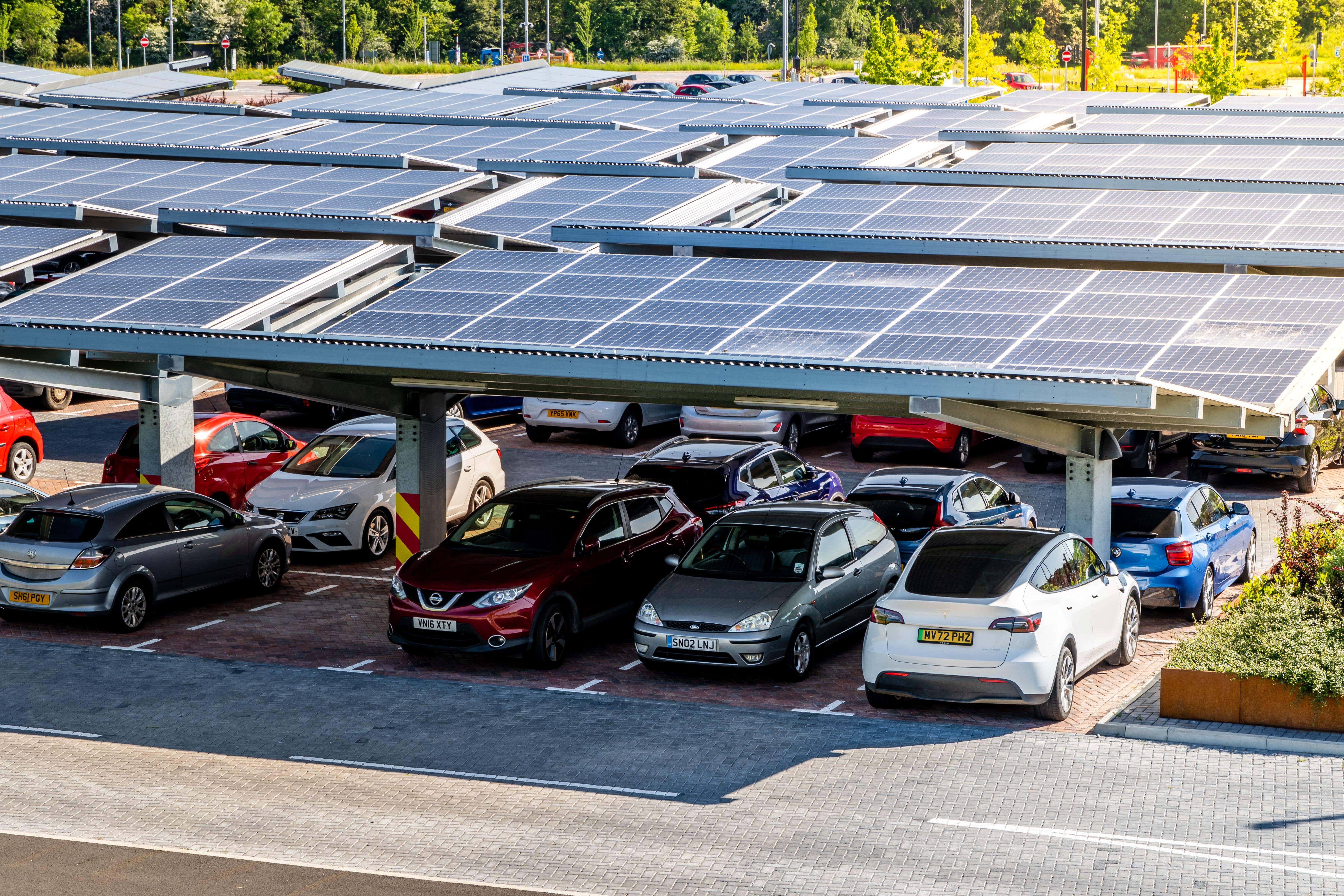ARTICLE AD BOX
More than one in four cars sold globally this year will be electric, according to a new report from the International Energy Agency, marking a significant milestone in the shift away from fossil fuel transport.
The Global EV Outlook 2025, published on Wednesday, estimates that 20 million electric vehicles will be sold in 2025, up from 17.5 million last year, despite a slower pace of growth in some Western markets.
China continues to dominate, accounting for over half of global EV sales. In 2024 alone, 11 million EVs were sold in China, nearly half of all cars sold in the country, driven by competitive pricing and strong domestic manufacturing.
Emerging markets in Asia and Latin America also saw a sharp rise in electric vehicle adoption, with sales jumping 60 per cent last year.
But the trend is less uniform elsewhere. In Europe, growth has stalled amid subsidy rollbacks and weak new emissions targets.
In the US, despite a 10 per cent rise in sales, the IEA has downgraded its long-term EV projections following a string of policy reversals and slower-than-expected uptake.
The expanding EV fleet is already having a measurable impact on fossil fuel demand. According to the IEA, EVs reduced demand for oil by an estimated 1.3 million barrels per day in 2024.

Still, the agency warns that current trends aren’t enough to meet global climate targets. To align with net zero goals, EV adoption must accelerate, especially in heavy transport and in developing economies where infrastructure gaps persist.
“Our data shows that, despite significant uncertainties, electric cars remain on a strong growth trajectory globally. Sales continue to set new records, with major implications for the international auto industry,” IEA executive director Fatih Birol said.
“This year, we expect more than one in four cars sold worldwide to be electric, with growth accelerating in many emerging economies. By the end of this decade, it is set to be more than two in five cars as EVs become increasingly affordable.”
The report estimates that current EV growth will help avoid over 2 gigatonnes of CO₂ emissions by 2035, even after factoring in emissions from electricity generation.
A key reason for the continued rise in EV sales is falling battery prices. The IEA reports that battery pack costs dropped by more than 25 per cent in 2024 compared to the previous year, making EVs more accessible in many markets.
Despite such gains, however, EVs still cost nearly 30 per cent more than petrol or diesel cars in many regions, including the US, posing a barrier for low- and middle-income consumers.

The IEA report comes as several governments reconsider support for clean transport. In the US, electric vehicle subsidies and emissions standards are being watered down, while the EU’s previously ambitious 2035 deadline to phase out petrol and diesel cars is facing pressure from automakers and right-wing politicians.
“Policy support remains critical,” the report notes, warning that inconsistent regulations and trade barriers could “jeopardise progress just as EV markets reach scale”.
EVs are now “firmly established” in global car markets, the IEA says, but the pace and shape of the transition is increasingly being determined by political will.
If countries continue to backtrack on clean transport targets, the agency warns, the world risks locking in higher emissions and delaying progress on air pollution and oil dependency.



.jpeg?trim=0,0,0,0&width=1200&height=800&crop=1200:800)





 English (US) ·
English (US) ·